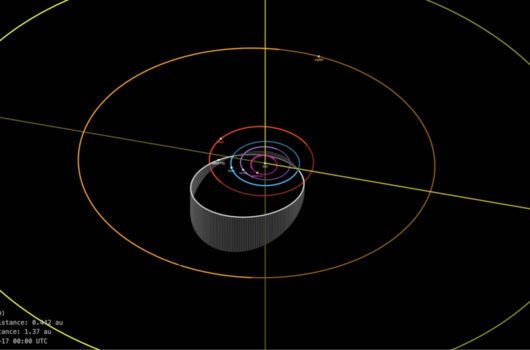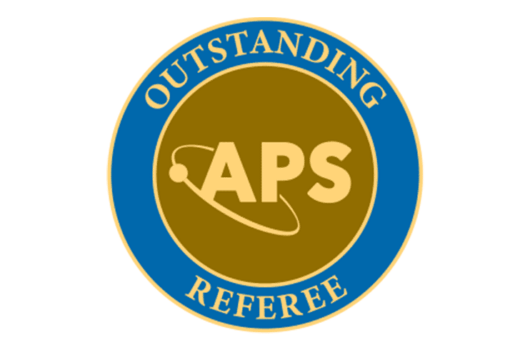Collective neutrino oscillations with tensor networks using a time-dependent variational principle
Collective neutrino oscillations with tensor networks using a time-dependent variational principle
View
Abstract
A system of oscillating neutrinos at high densities, wherein neutrino-neutrino coherent forward scatterings are non-negligible, represents a many-body problem engendered by the weak interaction. Whether an interplay between the one-body and two-body interaction terms in the neutrino Hamiltonian could result in significant nontrivial quantum entanglement developing between the constituent neutrinos remains an open question. Numerical computations of the time-evolution of many-body quantum systems are challenging because the size of the Hilbert space scales exponentially with the number of particles in the system. Such calculations therefore tend to become extremely memory intensive even at a relatively small number of particles. As a result, approximate numerical treatments become necessary in order to facilitate comparisons with mean-field calculations at larger values of N. Here we investigate the efficacy of tensor network methods for extending the calculations of time-evolving systems of interacting neutrinos to larger values of N than are possible with conventional methods. In particular, we introduce the use of time-dependent variational principle methods to address the long-range (in momentum space) interactions of the neutrino Hamiltonian when including many distinct vacuum oscillation frequencies. Furthermore, we define new error measures based upon the instantaneously conserved charge operators known for this Hamiltonian to determine validity of large-N tensor network calculations.





